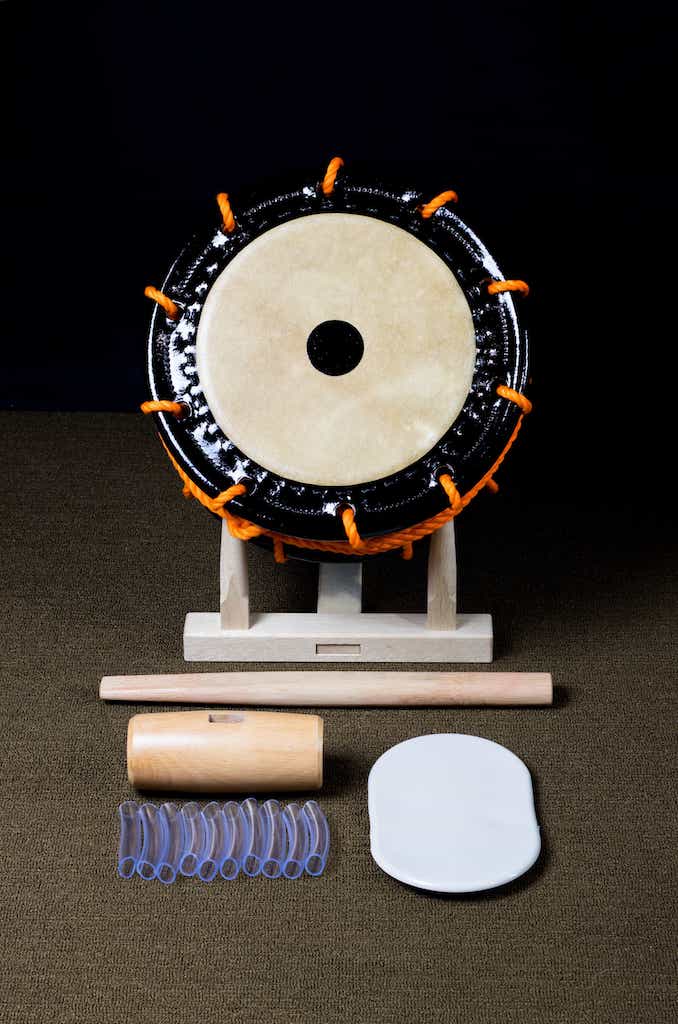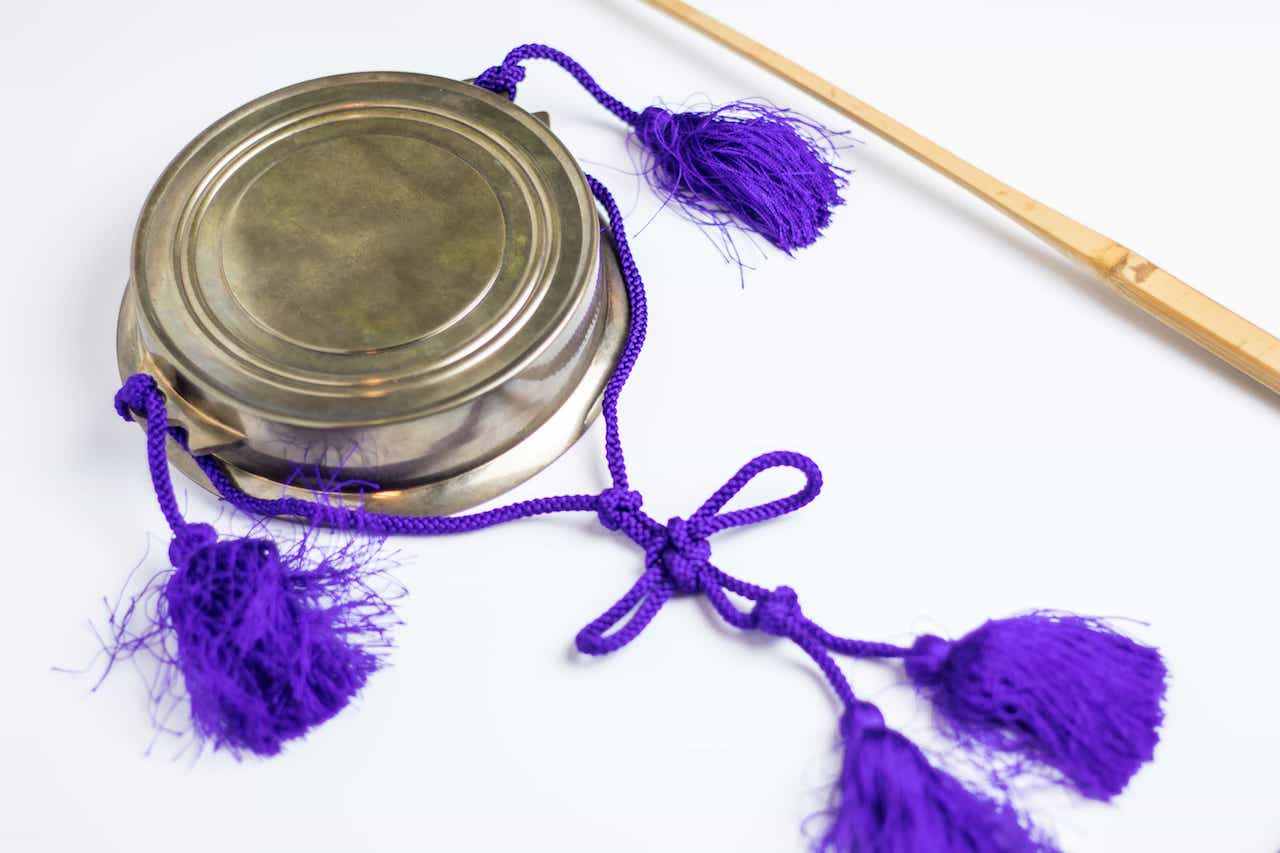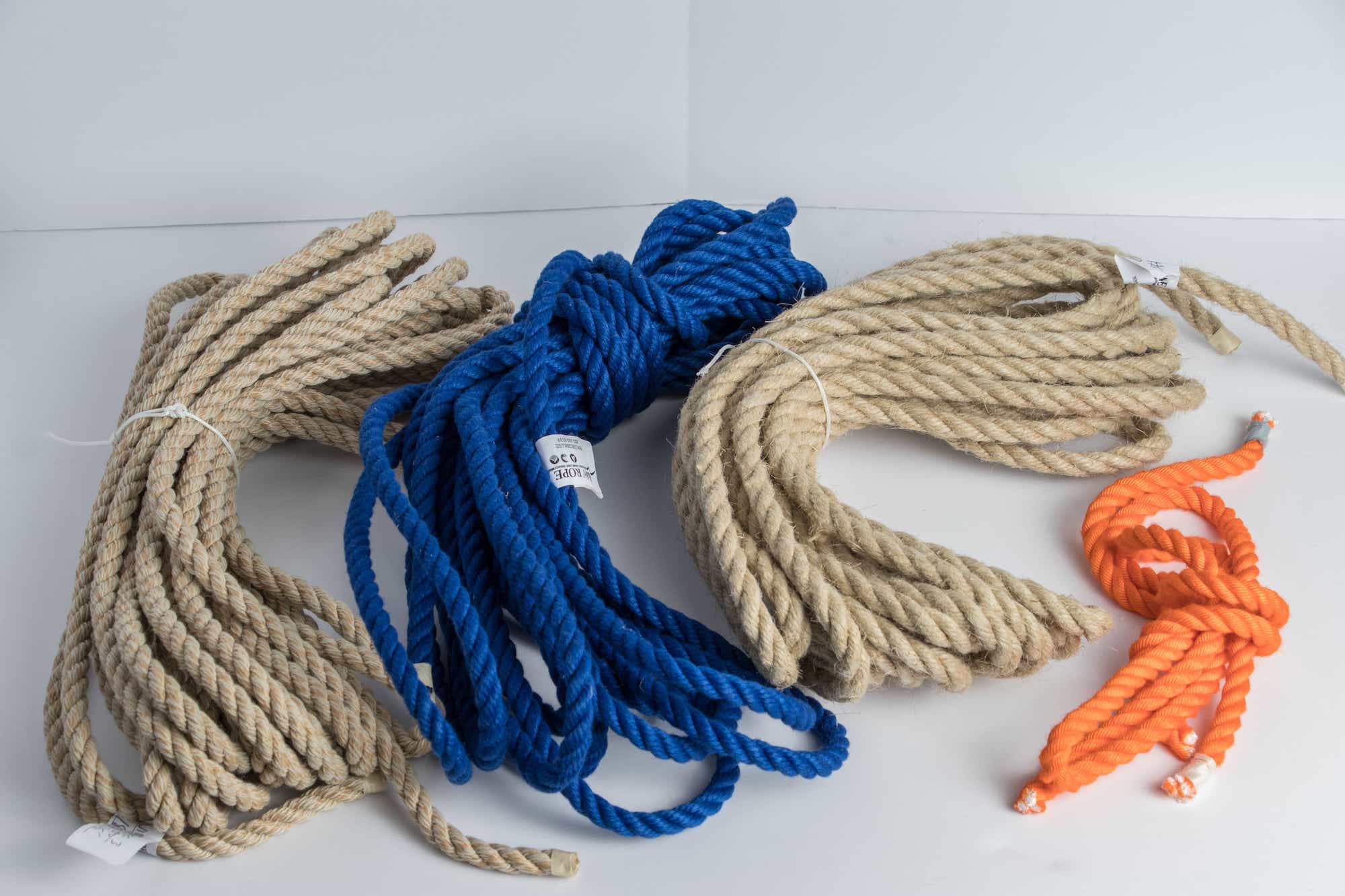8 Concepts for Becoming a Better Improviser

Eien on taiko-drumset hybrid setup
I have added a new entry about improvisation to my articles page, which contains other topics such as stick selection, metronome games, ji playing, and atarigane technique. By making these free tip sheets available, it's my hope that they help you find new ways of approaching these topics. I'm always happy to take questions or any feedback so feel free to contact me. For more in-depth discussion and demonstration, check out my instructional videos. Previews are on my youtube channel. While the best way to learn involves being in the same space, I would consider online private lessons to be a great alternative option because it still allows for live feedback and in-person demonstration. Finally, I will be covering the topic of solo creation in a workshop on June 4 at Asano Taiko US in Torrance. Here is the information and registration page:
http://taiko.la/event/solo-creation-taiko-workshop-eien-hunter-ishikawa
8 Concepts for Becoming a Better Improviser
Improvisation is a valuable skill which anyone can develop through deliberate practice and by accumulating experience. It can create spontaneous interaction during performances and help ignite a creative spark for new compositions. Mistakes during performance are inescapable; being prepared to improvise with them can produce new avenues for inspiration. Like any skill, the specific way you practice improvisation is important. Here are eight concepts for becoming a better improviser:
1. Copy good improvisers – choose several improvisers you like and learn to play their solos exactly note for note. This can be done by ear or transcribing into notation. Analyze why you like these improvisations.
2. Focus on rhythmic accuracy – the first sign of insecurity is inconsistent rhythm. Use a metronome and start with simple ideas to focus on the quality of your rhythmic placement. Record yourself and listen back for areas to improve.
3. Self copy game – improvise a one-measure phrase and then play the exact copy in the next measure. Continue the cycle and gradually add complexity. Make it more challenging by working with two-measure phrases or with odd meter.
4. Sing what you play – simultaneously singing and playing your improvisation is an excellent way to break away from the limited ideas that are stored in your muscle memory. If this is too challenging, only sing your ideas first.
5. Incorporate space – strive to become comfortable using space, which can be used to highlight the notes and improve your phrasing. Not playing anything can be an opportunity to think about what to do next and to listen for ideas from others.
6. Explore sounds, timbers, and dynamics – practice a wide variety of ways your instrument can be played. Exaggerate contrast to expand your range.
7. Work on accompanying – being a good accompanist is just as important as developing your own improvisation skills. Listen, play mindfully, be solid, and provide energetic support.
8. Trade solos – trade improvised solos with other players. If they are better than you, your musicianship will grow more quickly.
See more articles at www.eienhunterishikawa.com/articles




























